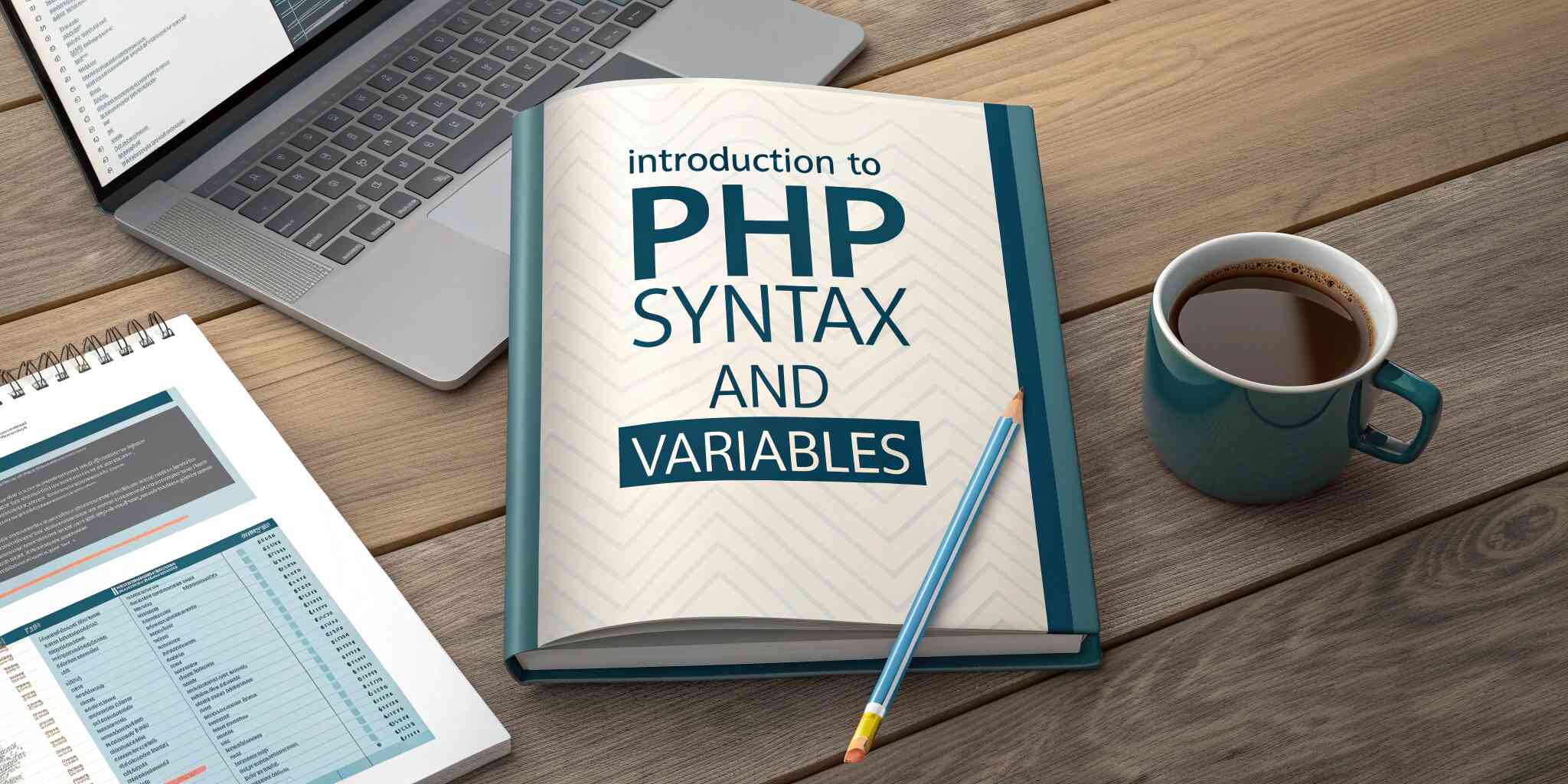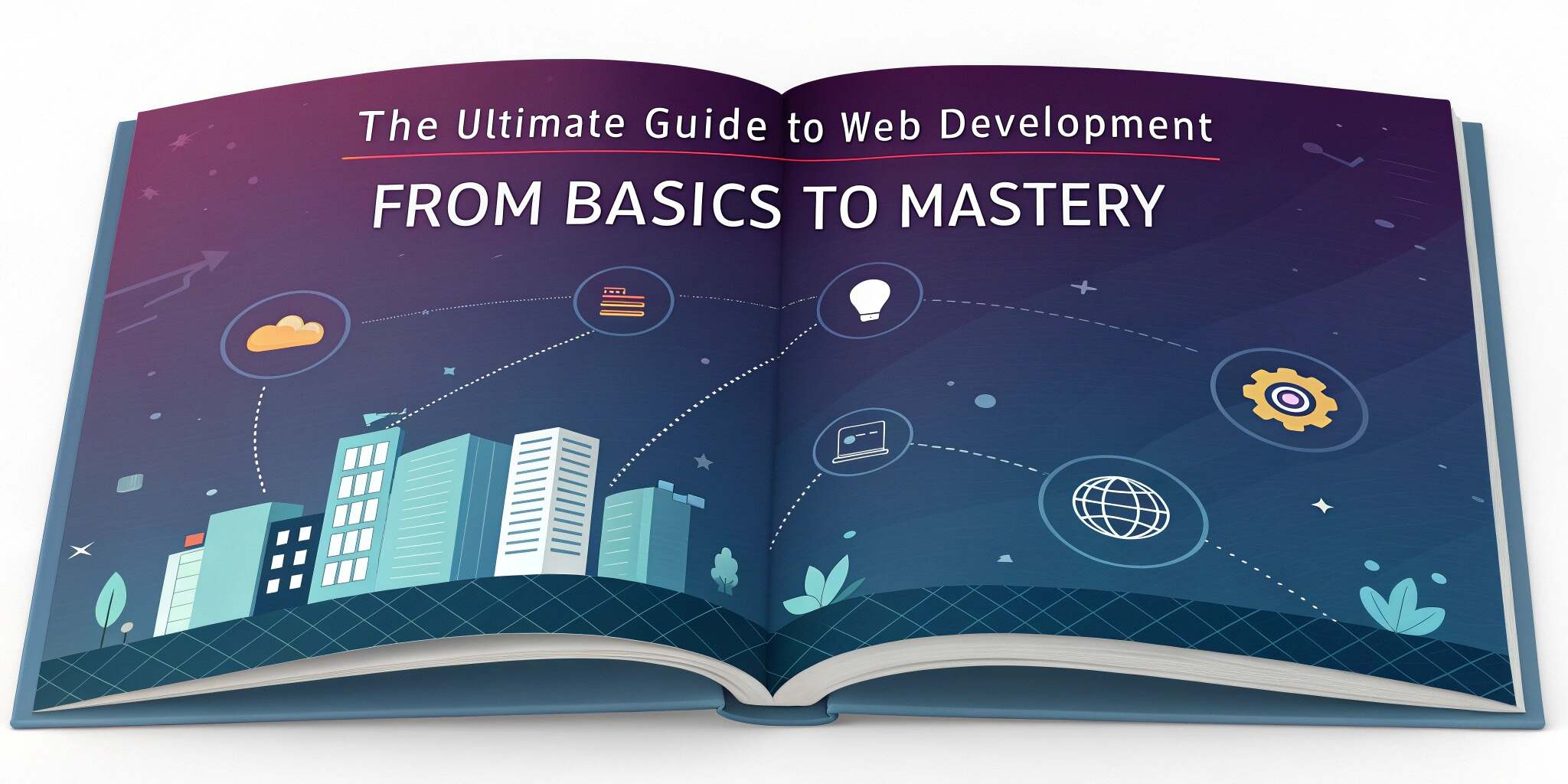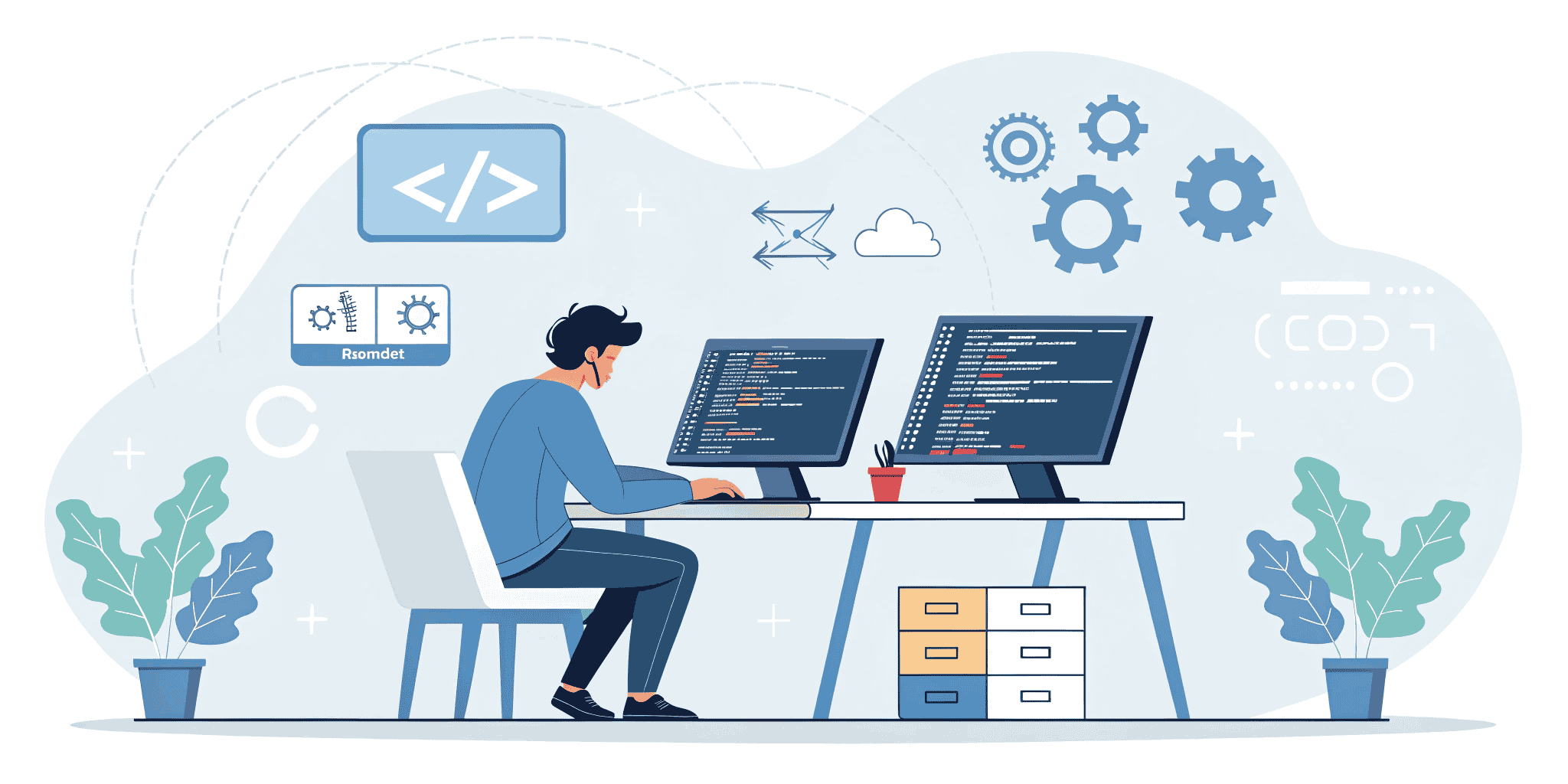PHP is one of the most popular server-side scripting languages, widely used to build dynamic and interactive websites. If you’re starting your journey in web development, understanding the syntax and use of variables in PHP is a fundamental step.
1. What is PHP?
PHP, which stands for "Hypertext Preprocessor," is a scripting language embedded in HTML and executed on the server. It’s especially good for building web pages that display changing content, like user dashboards, blogs, or e-commerce platforms.
2. Basic PHP Syntax Overview
When writing PHP:
- PHP code is placed within specific tags that tell the server to interpret it.
- Each instruction or action typically ends with a specific punctuation mark.
- PHP ignores formatting and spacing but follows logical structure.
- Comments can be added to describe your code, which helps in collaboration and debugging.
The syntax is simple and beginner-friendly, making it a great choice for those new to programming.
3. Understanding Variables in PHP
Variables are used to store data—like a person’s name, a number, or a list. In PHP:
- Every variable has a unique name, following certain naming rules.
- A variable’s value can change depending on how your program runs.
- Variables can store different types of data, like text, numbers, or even entire lists.
Variables are essential for writing dynamic code, enabling you to personalize content, process form data, and perform calculations.
4. Common Data Types Used in Variables
Even though PHP automatically handles the type of data you store in a variable, it’s important to understand the basics:
- Text for names, descriptions, and messages
- Numbers for counting, pricing, or age
- True or False for decision-making
- Lists or collections to group related items
- Empty or null values when a variable has no data yet
Understanding data types helps you control how your application behaves.
5. Variable Scope
Where and how a variable is declared affects where it can be used. In PHP, some variables are meant to be used within a specific block of code (like a function), while others are accessible throughout the entire program. This concept is called scope.
6. Why Syntax and Variables Matter
Proper syntax ensures your code runs without errors, while variables make your code flexible and interactive. Together, they allow you to:
- Build personalized user experiences
- Store and retrieve information from databases
- Handle user inputs like search queries or form submissions
- Create reusable and readable code for larger projects
Conclusion
Learning the basics of PHP syntax and variables is like learning the grammar and vocabulary of a new language. With this knowledge, you're ready to move on to more complex tasks—like processing form data, working with databases, or building full web applications.
Take your time, practice often, and soon you'll be writing efficient, dynamic PHP code with ease.


